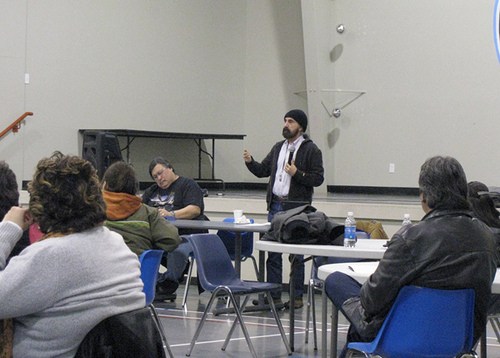
Social development is the process of organizing human energies and activities at higher levels to achieve greater results.
There are two key components of social development: Learning and application
Society discovers better ways to fulfill its aspirations and develops mechanisms to translate knowledge to achieve its social and economic goals. What does that mean in practical terms and what then is community development? Simply, community development is a social development approach that really works.
IRIS is developing this social development strategy that is rooted and led at the local community level, but in its design initiates multilevel change supported by a national framework. This local level approach attempts to scale up the limited impact of fragmented success stories. Local level community development sets out to build the capacity of local communities through the leadership of the population most affected (and their families) and works with local sectors, while concurrently influencing broader level policy change.
Through the implementation of projects using a similar approach by the Canadian Association for Community Living (CACL), we know that the strength of this strategy is in bringing together key stakeholders in any given community and having them identify what the problem looks like, develop the solutions to address it, and make a commitment to integrate and continue the work in this area.
The local level approach works because it nurtures a sense of community ownership and buy-in by relevant local sectors, institutions, community groups and the population most affected, by ensuring that all key actors are brought in at the onset of the developmental process through to its implementation and evaluation. Transforming communities through convening spaces for collaboration, knowledge sharing and the co-creation of practical community-specific strategies allows us to learn from intentional efforts and frame national level impact.
